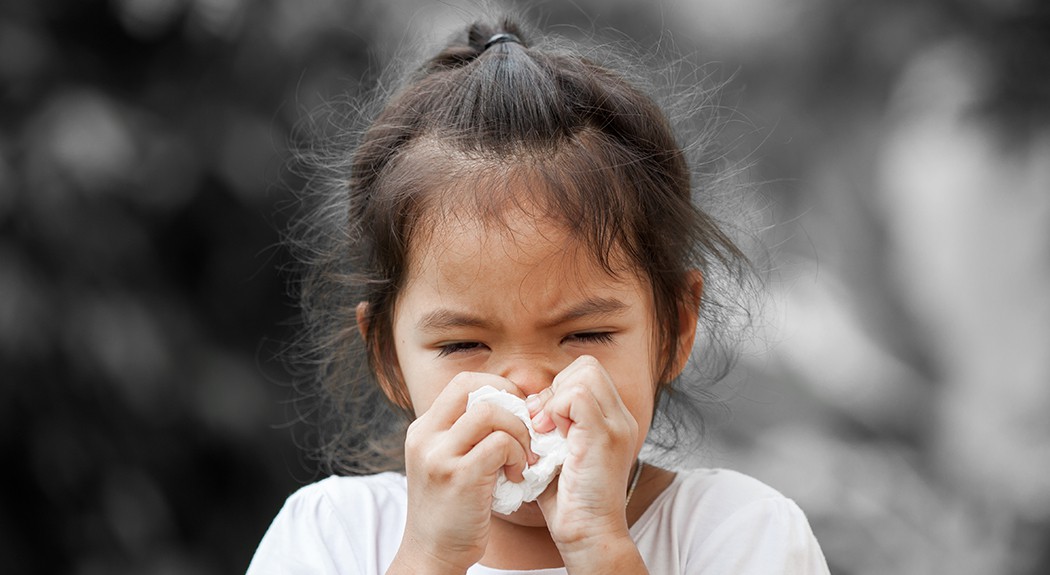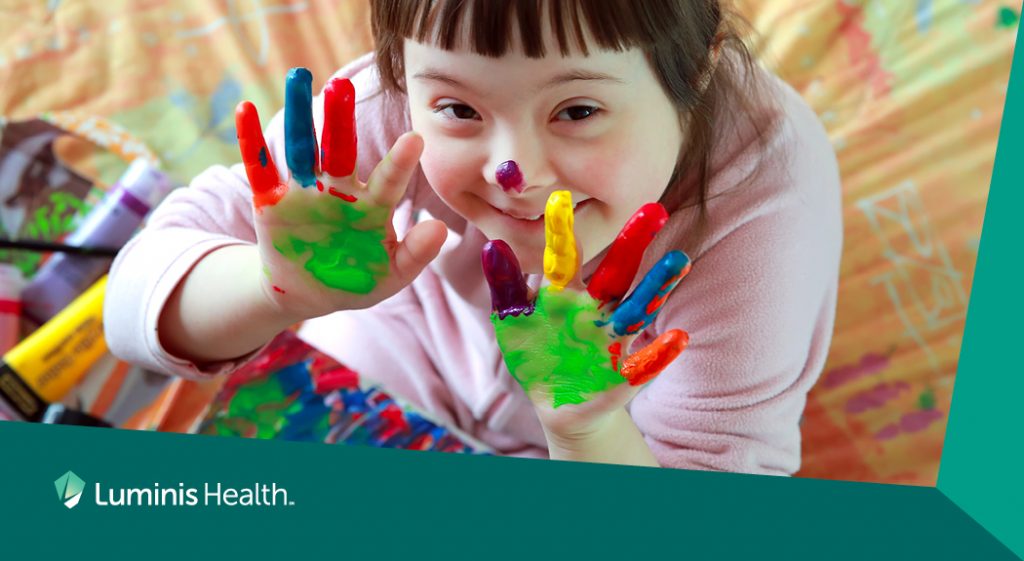Your child’s sinuses are not fully developed until late in the teen years, but the child can still develop a sinus infection.
Although small, the maxillary (behind the cheek) and ethmoid (between the eyes) sinuses are present at birth.
Childhood sinus problems may be difficult to diagnose, because symptoms may be caused by other problems, such as a viral illness or allergy.
According to the American Academy of Otolaryngology – Head and Neck Surgery, these symptoms may indicate a sinus infection:
- Cold-like symptoms lasting more than 14 days, sometimes with a low-grade fever.
- Thick nasal drainage, which may be yellow or green.
- Post-nasal drip, sometimes leading to a sore throat, cough, bad breath, nausea or upset stomach.
- Headache, usually in children 6 years or older.
- Irritability or exhaustion.
- Inflammation near the eyes.
Which children are at risk for sinus infection?
A sinus infection sometimes happens after an upper respiratory infection or common cold. The cold causes swelling that can block the opening of the sinuses. This can cause a sinus infection. Allergies can also lead to sinusitis because of swelling and increased mucus. Other possible conditions that can lead to sinusitis include:
- Abnormal shape of the nose.
- Infection from a tooth.
- Nose injury.
- Foreign object in the nose.
- Birth defect with abnormality of the roof of the mouth (cleft palate).
- Problem with stomach acids (gastroesophageal reflux disease, or GERD).
What can I do to prevent sinusitis in my child?
There are things that can help your child avoid sinusitis. They include:
- Have your child use saline sprays, washes, or both. Use these often to keep the nose as moist as possible.
- Use a humidifier in dry indoor environments.
- Keep your child away from cigarette and cigar smoke.
- Keep your child away from things that cause allergy symptoms.
- Don’t force water into the sinuses. For example, your child should not jump into water.
- Limit time in chlorinated pools. The chlorine can irritate the nose and sinuses.
- Practice good hand hygiene.
- Keep you and your child up to date with immunizations.
- Avoid close contact with people who have colds or others upper respiratory infections.




